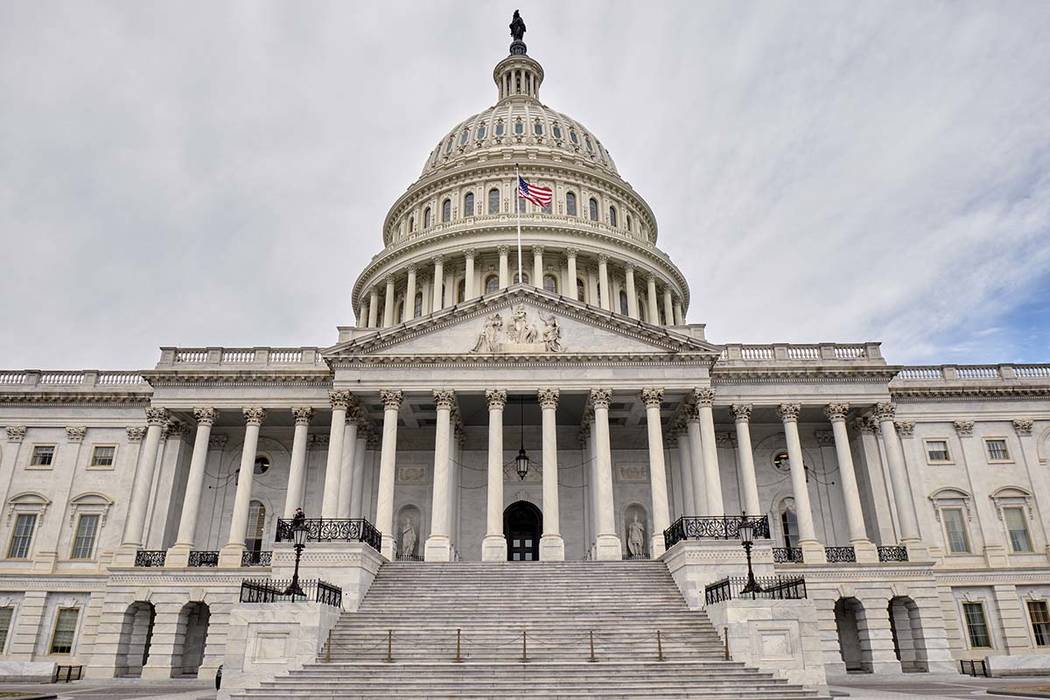EDITORIAL: Bills would ensure more accountability regarding federal regulations

While House Democrats froth about a bogus “constitutional crisis” and appear poised to spend the next 18 months investigating instead of legislating, perhaps there’s some hope for bipartisan cooperation in the upper chamber.
Earlier this month, Sens. Kyrsten Sinema, a Democrat representing Arizona, and James Lankford, a Republican from Oklahoma, introduced two measures intended to increase regulatory efficiency. Given that President Donald Trump has been a champion of stimulating the economy by paring the administrative state, the bills will likely have the backing of the White House.
The first measure would mandate that agencies give advance notice on the details of significant regulations in the planning stages. The intent is to allow more input from members of the public and those who may potentially be affected by the rules. The second bill would require departments to more stringently assess the effectiveness of the regulations they implement in addition to their costs and benefits.
“By requiring agencies to plan for reviews … the reviews will be more thorough and accurate and less expensive and time-consuming,” Sen. Sinema said. “This will improve regulations, remove unnecessary burdens and increase transparency and accessibility.”
Virtually everyone who has had the displeasure of dealing with a public bureaucracy understands that too often government agencies set a hard and fast course, rarely bothering to analyze whether their rules actually achieve the desired end. These two proposals help address that problem. They have also been endorsed by former regulatory czars who served under presidents from both major political parties.
“The two bills offer modest yet important changes to current rule-making practices,” wrote Susan E. Dudley and Sally Katzen in a recent Wall Street Journal op-ed. “If enacted, they could make regulatory decisions more transparent and accountable, leading to improved outcomes for the American people.”
Ms. Dudley served as administrator of the Office of Information and Regulatory Affairs under President George W. Bush. Ms. Katzen served in the same capacity under President Bill Clinton.
Not surprisingly, progressive critics bristle at anything that might serve as a modest check on a runaway federal bureaucracy. The Coalition for Sensible Safeguards — a cheerleader for an overactive regulatory state — argues the measures will make it harder for “our protector agencies” to safeguard the public. But trying to ensure these “protector agencies” operate more productively, and rigorously evaluate outcomes, is just plain common sense, not a threat to the republic.
The full Senate will likely consider both bills in the next few months. Nevada Sens. Catherine Cortez Masto and Jacky Rosen should support Sen. Sinema’s legislation.